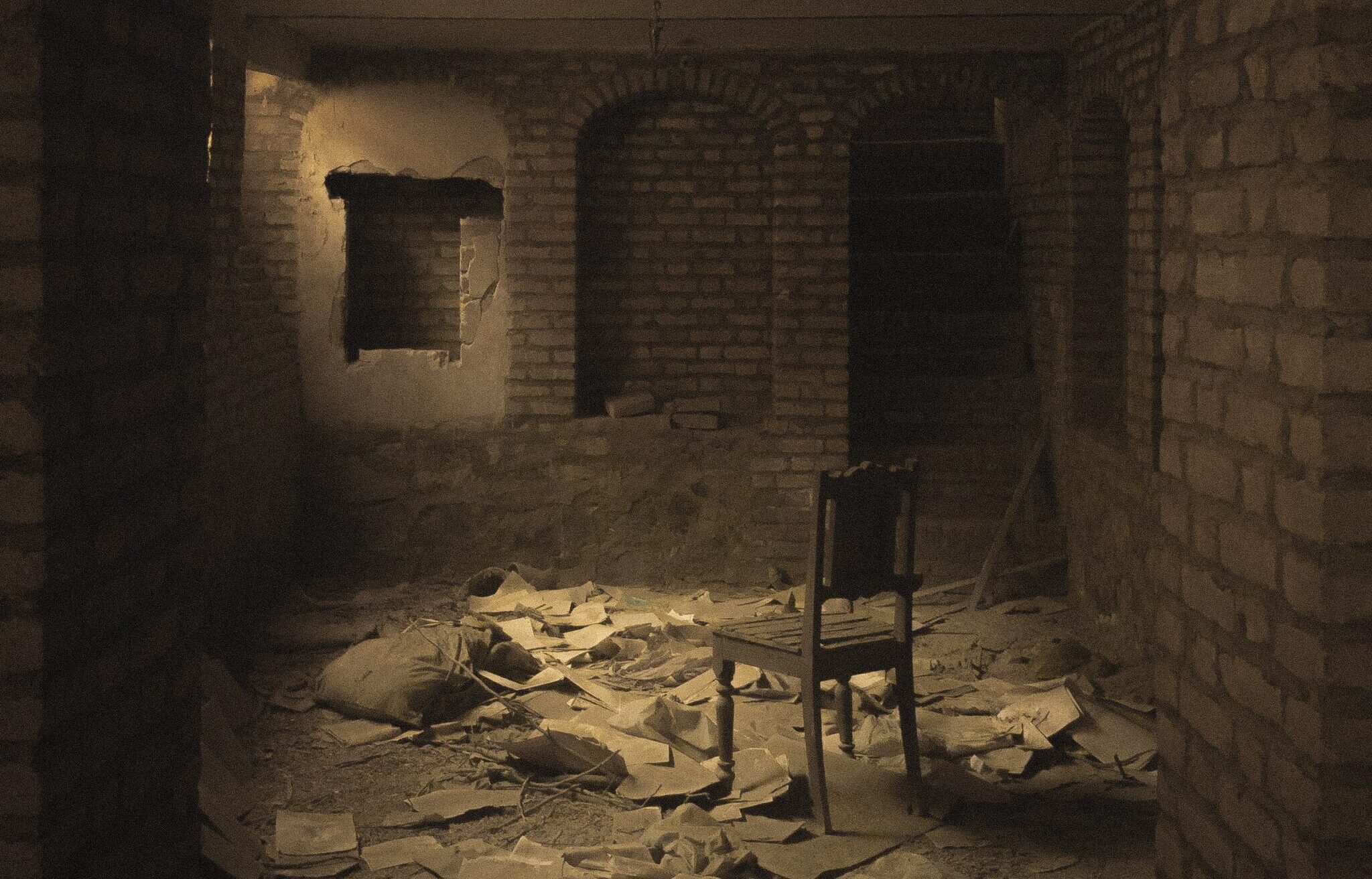The City of Happiness & The Child in the Basement
Omelas is a city where all the citizens live fulfilled and happy lives. There is no disease, crime, or sorrow of any kind.
On reaching adulthood, every citizen is taken into the dungeon of a citadel where they find a child chained to the wall. The child is malnourished, sick, and in great pain. They know that if the child were comforted, the beauty of Omelas would wither and crumble, and disease, crime, and want would become a part of people’s lives in Omelas. Those are the terms, everyone’s happiness depends wholly on this child’s abominable misery.
For this reason, though everyone knows about the child, it will never be allowed to leave the city. Occasionally, a citizen will walk out of Omelas, never to be seen or heard of again.
Le Guin’s ‘The Ones Who Walk Away from Omelas’ is a parable for the society we are a part of. In a way, we all live in Omelas – the way today’s most affluent nations depend upon the misery and exploitation of quasi-slave labor of third world countries for their abundance and prosperity. It parallels the tragic trade off of modern capitalism and victimisation with idealism and moral sensitivity. The terms in the story pose a moral and ethical dilemma juxtaposed to the real world – to choose between the happiness of the whole over the misery of one and the guilt of having to live with both alternatives.
The ones who remain and comply with the terms in Omelas recognise the child in the basement’s sacrifice to enable Omelas’ happiness and the moral palatability of the suffering of one to justify greatest good for the greatest number of people. We tolerate violating rights of few for the sake of the multitude, telling each other that the maximum utility it generates makes up for it. Rarely does a utilitarian approach to resolve this dilemma take into account what if the child you lock in the basement to enable a city of happiness were your own.
We tend to accept and rationalise all kinds of injustices precisely because it’s hard to imagine ourselves as the worst victims of status quo. A counter to utilitarianism appeals to individual rights, treating humans not as a means to an end, rather as something whose existence has in itself an absolute value – as ends in themselves. It questions the moral acceptability of the benefits that come at the cost of abject misery to a few.
Those who walk away absolve themselves of the responsibility for the system under which they live, they represent the ones who don’t comply with the ‘banality of evil’ in Omelas. Unfairness of social contract imposes a cost on the unfortunate, on one hand and on the other, social injustice becomes a meagre fee for happiness of others. Those who leave and renounce all pleasures of Omelas assume a moral responsibility. Acceptance of this responsibility as beneficiaries of suffering bearing the guilt of their complicity in injustice, comes at the cost of forgoing what makes their lives incrementally better. But the refusal to partake in the happiness these terms engender neither ensures the comfort nor the release of the child, helping neither themselves nor those suffering but perhaps their conscience.
An easier alternative is one we see often, to rationalise injustice as a way of life and make it a subject of constant denial. It is this absence of assuming responsibility that enables the privileged to turn a blind eye to oppression and perpetuate a status quo that insulates and blinds them towards others’ misery.
Every choice one makes while resolving this dilemma isn’t void of a great deal of consequences and dread that comes along with it. Ironically, everyone is happy in Omelas but if one chooses to remain, they acknowledge, blandly accept and are imprisoned by the same terms that subject the child to abominable suffering; if they walk away they give up every comfort they have known to choose a life of lawlessness and unpredictability with a hedonistic backing of their happiness not being contingent on someone else.
The story reminds one of the inner numbing it creates when confronted with these trade offs. Omelas isn’t an abstract idea of a utopia lest we find it too hard to believe. It’s about social justice – privilege and inequality – the disproportionate brunt of which the child in the basement is a trope of. Despite the existence of a social contract that lays down these terms, there are those who don’t see them as absolute – the ones who stay and fight demanding a society valuing justice without the need for children in the basement. The third alternative being a call for systematic change to reimagine a status quo that rejects injustice is necessary for true happiness – to reimagine comforting the child does not come at the cost of others’ happiness crumbling by not walking away from the moral responsibilities that bind us all and rally out for just terms for a social contract freeing those we’ve locked in the basement, forgotten about or walked away from.




Comments